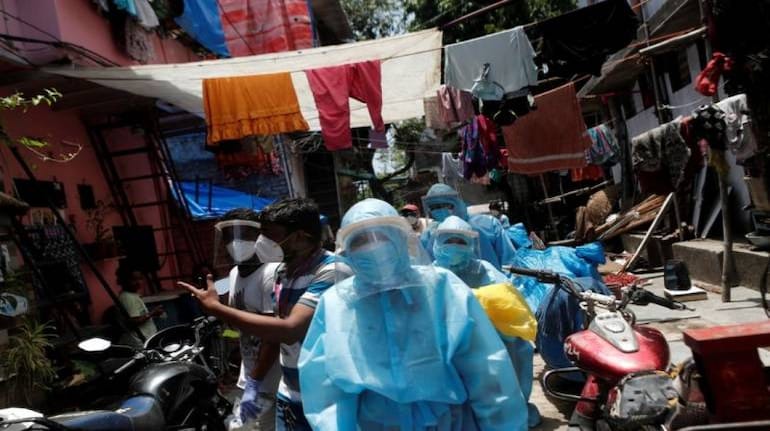



For doctors and healthcare workers in India's financial capital Mumbai who are grappling with surging coronavirus infections, the onset of the annual monsoon poses a serious threat - a new wave of patients with vector-borne diseases.
Already stretched by a shortage of medics and critical care beds, the situation in Mumbai might turn uglier, health experts warn, as cases of malaria, dengue, leptospirosis and encephalitis are expected to soar in coming months.
"Mumbai will be dealing with a crisis in the monsoon," said Kamakshi Bhate, professor emeritus of community medicine at the state-run King Edward Memorial (KEM) Hospital in Mumbai, noting there is typically a surge in hospital bed occupancy due to such diseases during India's annual June-September monsoon season.
Water-logged streets are a common sight every monsoon across India. But in Mumbai, its most populous city, monsoons can often bring life to a standstill with flooding and water-logging, and result in a surge of diseases.
In a report, local NGO Praja Foundation said official data from only government-run hospitals showed Mumbai recorded about 32,000 malaria and dengue cases in 2018, but the NGO said its own household survey indicated more than 200,000 cases of just those two diseases in the city that year.
This year the city's hospitals are already overrun. Mumbai has been hit the hardest by COVID-19. About 25 percent of India's 297,535 coronavirus cases and roughly 29 percent of the 8,498 deaths recorded have come from the city and its surrounding suburbs.
Suresh Kakani, an additional commissioner at Mumbai's civic authority, said it was asking clinics and dispensaries, some of which had shut during a two-month long nationwide lockdown, to re-open.
Drains are being cleaned and stored water in houses were being inspected for larvae, Kakani said, adding that while major hospitals were on treating COVID patients, smaller nursing homes would be available to handle other cases.
But, with local hospitals already strained by significant staff shortages, heath experts fear the spread of diseases in Mumbai's slums could compound issues for a healthcare network already reeling from COVID-19 cases.
"We have a number of slums in low-lying areas and they are prone to flooding and disease," said Brinelle D'Souza, a health activist with Jan Swasthya Abhiyan, a local non-governmental organization.
D'Souza said that while many isolation beds were available for patients with mild COVID-19 symptoms, the city, home to about 20 million people, needed substantially more critical care beds with oxygen supplies and ventilators.
Discover the latest Business News, Sensex, and Nifty updates. Obtain Personal Finance insights, tax queries, and expert opinions on Moneycontrol or download the Moneycontrol App to stay updated!
Find the best of Al News in one place, specially curated for you every weekend.
Stay on top of the latest tech trends and biggest startup news.